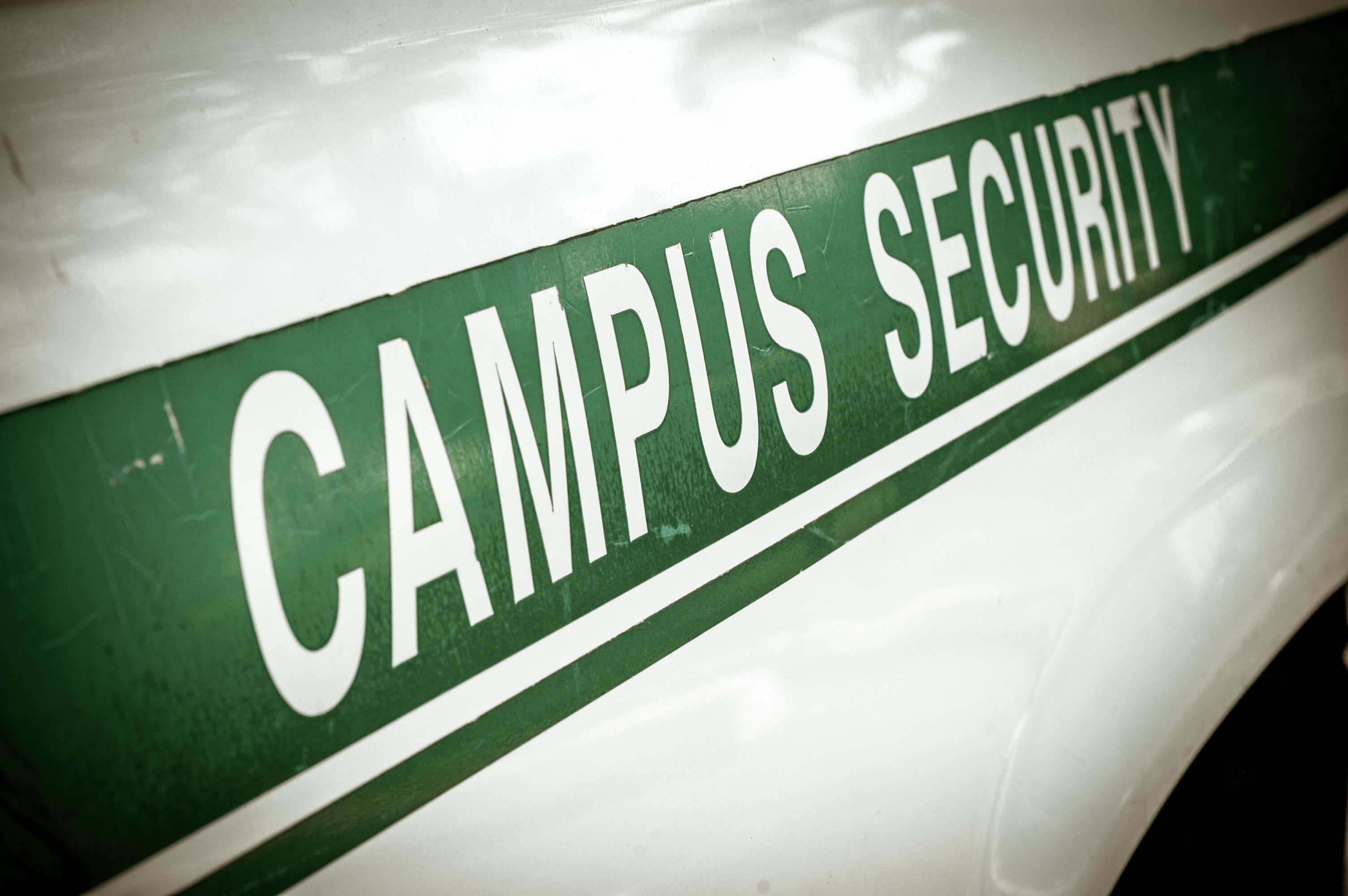- Kenya has seen a troubling rise in the death rate among campus students in recent years, particularly during the perilous task of crossing roads to reach shops or returning home after classes. As new academic years begin, students must prioritize their safety and take proactive steps to avoid accidents.
Kenya has seen a troubling rise in the death rate among campus students in recent years, particularly during the perilous task of crossing roads to reach shops or returning home after classes. As new academic years begin, students must prioritize their safety and take proactive steps to avoid accidents.
Accidents can occur in any environment, and university campuses are no exception. To ensure a positive experience, students should be aware of potential hazards and adopt basic safety practices. By doing so, they can prevent injuries that might otherwise sideline them for a semester.
One of the most effective ways to guard against accidents is to remain sober, especially when walking home. Intoxication significantly impairs awareness of one’s surroundings, making it harder to navigate safely. Students should avoid alcohol, drugs, and other harmful substances to ensure they remain responsible and alert.
Distractions are another critical concern. Texting or listening to loud music while walking—particularly in high-traffic areas—can lead to dangerous situations. When engrossed in a phone or wearing headphones, students may not hear oncoming vehicles, increasing the risk of accidents. Keeping distractions to a minimum is vital for staying safe.
When crossing roads, always use designated crosswalks and obey traffic signals. Jaywalking can place students at unnecessary risk, as drivers may not expect pedestrians outside these designated areas. Additionally, with the presence of bicycles and scooters on many campuses, students should remain vigilant and cautious when navigating through these shared spaces.
Read More
At night, it’s essential to walk in well-lit areas. Utilizing campus escort services, walking with friends, and staying aware of one’s surroundings can greatly enhance safety. Keeping emergency contacts readily accessible—such as campus security and local emergency numbers—is also a smart precaution. Familiarizing oneself with the locations of emergency call boxes and security offices can provide an added layer of reassurance.
Ultimately, prioritizing safety while walking, especially near roads, is crucial for all campus students. By adopting these precautionary measures, students can significantly reduce their risk of accidents and ensure that their academic journey is marked by positive experiences rather than unforeseen tragedies. Staying vigilant and responsible can not only safeguard personal well-being but also contribute to a safer campus environment for everyone.




-1772102940-md.jpg)


-1772090413-1772095461-md.jpg)


-1772102940-sm.jpg)

